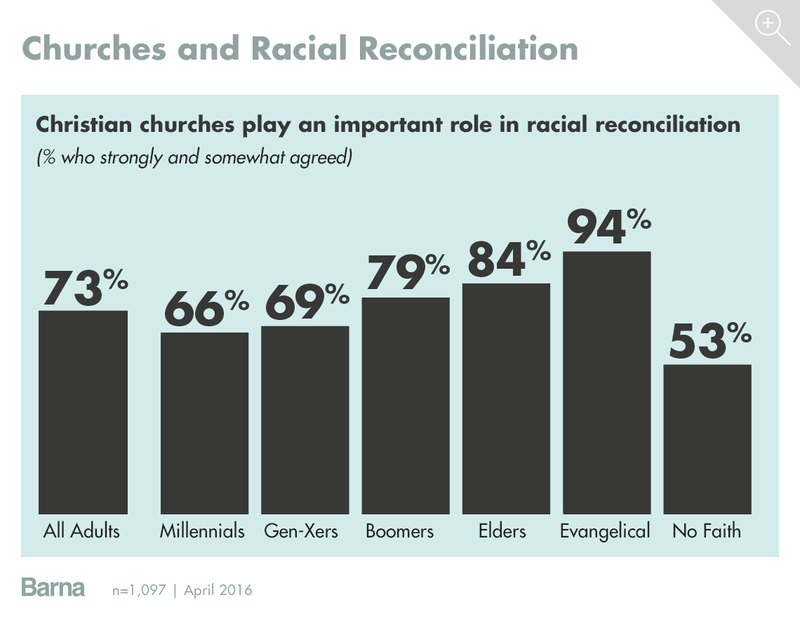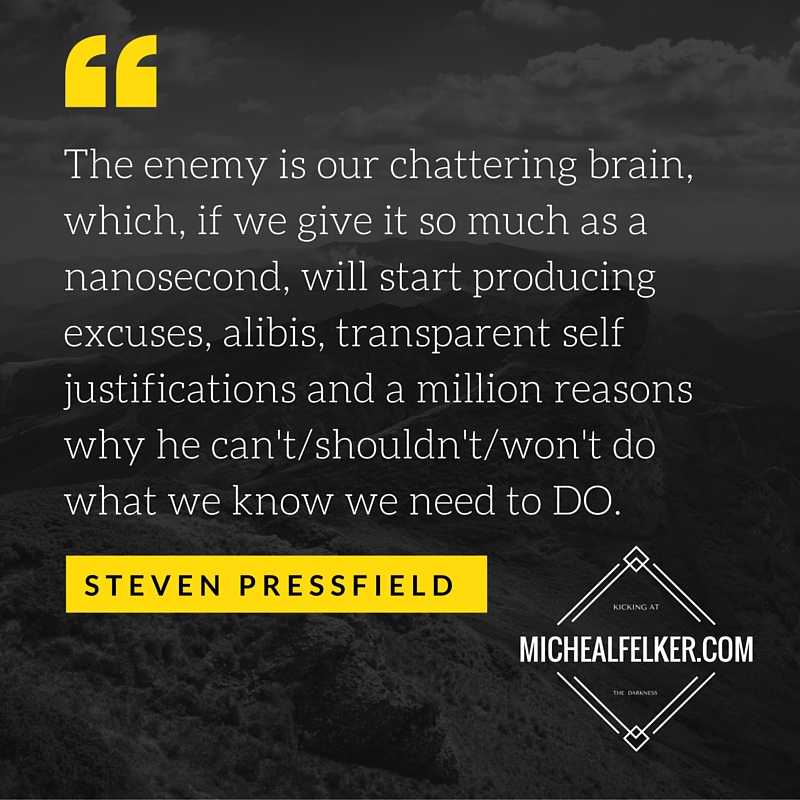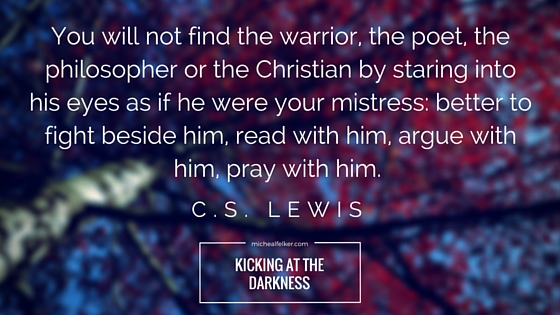“Leadership is stewardship. It’s temporary and you’re accountable.”
This quote by Andy Stanley, pastor of North Point Community Church, kicks off one of my favorite podcasts. I have it memorized by heart and I think I do a pretty good Andy Stanley impersonation as I mimic his cadence and inflections each week as I listen to the introduction.
More than just a great quote or motivational saying, Andy is right.
Those of us in leadership – whether it is in the church, in the workplace, or at home – have been given our position by God and he expects us to steward each moment to bring Him glory and honor.
Leadership is temporary. Solomon declares that there is a time for everything under the sun including the time we have been given to serve and lead. One day we will transition to a different role, the kids will leave the nest, and for some, retirement may come sooner than we would like. Like Steve Miller says, “Time keeps on slipping into the future.”
We are accountable to God for our leadership, too. One day, if we steward these gifts well we will hear Him say, “Well done good and faithful servant” or we will be confronted with a reality that because we were afraid, failed to plan well, or just were just plain lazy we left some things undone or missed opportunities God had in store for us.
I think that those of us who find ourselves in leadership positions inherently understand these truths but sometimes we struggle with how to connect our orthodoxy (right understanding) with real, tangible orthopraxis (right practices).
More than anything, I want to help you steward your leadership well by challenging you to honor God in everything you do in every area of your life. The Hebrew word for Honor is kabed and it has a weightiness to it. It can be translated as honor, renown, and glory. When the Psalmist says in Psalm 86:9,12, “I will praise you, Lord my God, with all my heart; I will glorify your name forever” he is honoring God with everything that he is.
I love how Colossians 3:23–25 reads in The Message. Paul says, “Work from the heart for your real Master, for God, confident that you’ll get paid in full when you come into your inheritance. Keep in mind always that the ultimate Master you’re serving is Christ. The sullen servant who does shoddy work will be held responsible. Being Christian doesn’t cover up bad work.”
A person of honor always gives their best effort in every area of their life. Are you stewarding the life God has given you to glorify Him in every aspect inside and out?
I also want to help you lead well during the time God has given you to lead. The day in and say out grind of leadership will test your faithfulness. There is always another person to visit, always another phone call make or email to send, another task to complete, and another project to begin. The problem for most of is not that we have to make choices between right and wrong or choose between good and bad. Tensions arise because we become paralyzed when we have to choose between right and almost right. We procrastinate because we have to choose between good and great. Leadership take discernment and wisdom. To me, wisdom isn’t knowledge. Wisdom is applied knowledge. We are faithful to our calling when we apply the knowledge we have obtained to make the most out of every opportunity presented before us.
Ephesians 5:15–17 (NLT) challenges us saying, “So be careful how you live. Don’t live like fools, but like those who are wise. Make the most of every opportunity in these evil days. Don’t act thoughtlessly, but understand what the Lord wants you to do.”
A faithful leader is wise in how they use their time to accomplish the tasks God has given them to serve His people. Are you being faithful with the time and opportunities before you?
Finally, if we are to be accountable we must humbly submit our lives to God. The higher we climb in our leadership and the more things we accomplish the greater the temptation becomes to take full credit for everything good that happens in our lives. Of course the opposite is true. Sometimes things do not work out how we planned. The vision that we had for our lives and the people we serve can go off the rails. When this happens we can be quick to take all the blame. Some call this the Superman theory where leaders begin to believe that they are Superman and must take on every task, burden, pain, joy, celebration, and failure. A wise teacher once told me, “Don’t be quick to carry all the blame when something do not go the way you planned because that same attitude might cause you to be quick to take all the glory when something goes well.” That’s sound advice.
I’ll let you in on a secret that you already know… You are not Superman. Neither am I. We have no way of controlling every outcome of the decisions and choices we make in our leadership. However, we serve the One who knows all, is in all, and works all things – good and not so good – to His glory and the good of those who love Him.
Proverbs 3:5–8 ESV) says, “Trust in the LORD with all your heart, and do not lean on your own understanding. In all your ways acknowledge him, and he will make straight your paths. Be not wise in your own eyes; fear the LORD, and turn away from evil. It will be healing to your flesh and refreshment to your bones.”
An accountable leader humbly submits to God and trusts Him with every aspect of their leadership. Are you trusting in the Lord with all your heart or are you leaning on your own understanding?






